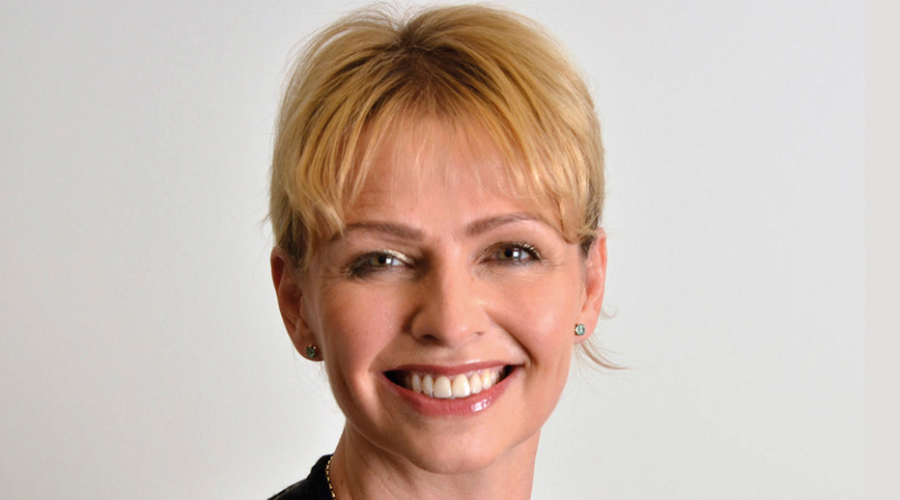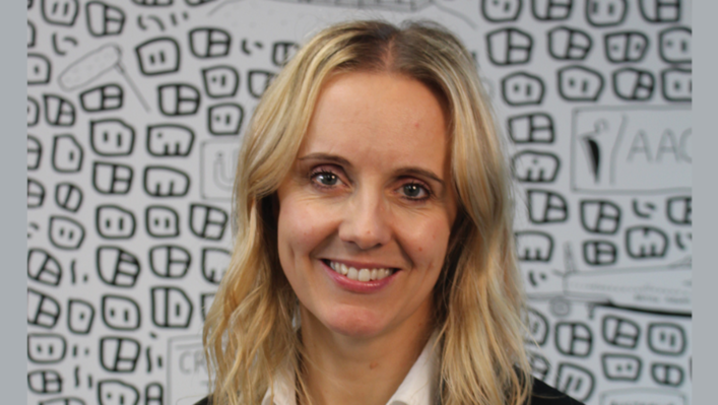Cat Lewis hails an innovative training scheme helping to future-proof the TV sector and address the skills gap.
The £6bn post-pandemic boom in TV and film production is welcome news amid the uncertainty caused by the freeze to the BBC licence fee and the planned privatisation of Channel 4.
The global expansion of content platforms and the UK’s fantastic reputation as a country that delivers excellent programmes means that there is more TV and film being made here than ever before. But there is a problem: we are predicted to have a shortfall of 40,000 creative-sector workers by 2025.
Production outside London has taken off since Ofcom tightened its criteria on how programmes made outside London must be made. Those of us running independents in the nations and regions are already struggling to recruit staff.
The industry is responding with a huge number of training schemes. In Birmingham, the BBC is taking on more apprentices than ever before. It is partnering with production companies to ensure these new recruits gain experience on a wide variety of shows.
For independents, such as Nine Lives, with a new base in Birmingham as well as our HQ in Manchester, it’s a hugely beneficial way to take on a new starter. You know the training they’ll receive from the BBC will be second to none. In fact, meeting the wonderful people running the apprentice scheme made me wish I was starting out again myself!
ScreenSkills also offers a great range of training, including a new fund that Andrew Chowns, the former CEO of Directors UK, and I first suggested a few years ago. At the time, he was Chair of the TV Skills Panel and I was Vice-chair.
Aware that the BBC and Channel 4 were at the time the principal funders of most of ScreenSkills’ training in unscripted content, we came up with the idea of creating a new crossindustry pot of money. This would be raised by charging a very small percentage on the budget of every non-scripted programme commissioned.
It took years to get this idea off the ground but now the Unscripted TV Skills Fund is future-proofing the industry by addressing the skills shortages in factual and features TV across the UK. The main aim is to build a bigger and more inclusive pool of off-
screen talent in the nations and regions.
Unscripted UK productions contribute 0.25% of the agreed price of the commission, split equally between the broadcaster (or SVoD) and the production company up to an agreed cap. This means that for every £1,000 spent the broadcaster and the production company each pay £1.25 into the new training pot. The broadcaster/SVoD collects the fund contribution for the production company, as they do with the fees for Directors UK.
The exact training offered is decided by industry professionals: ScreenSkills has a council, steering group and working groups that decide which courses to fund. The key skills shortages the fund is currently aiming to address are in production management, development, self-shooting and post-production. Also, freelancers working in all genres of unscripted TV can benefit from a rolling programme of short courses, mostly on Zoom.
It’s worth checking these out on the ScreenSkills website. The training available covers a wide range – from basic budgeting to camera skills, and from how best to work with vulnerable contributors to managing difficult people.
ScreenSkills also offers short retraining programmes to people from other industries to get them job-ready so independents can take them on in roles such as production co-ordinators – who are in short supply.
Few of us will notice such small sums disappearing from our budgets but having a large new fund for training courses is already benefiting the TV industry and ensuring many more young people can be paid to do what they love – as we all are!
Cat Lewis is the founder and CEO of Nine Lives Media





